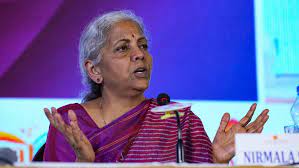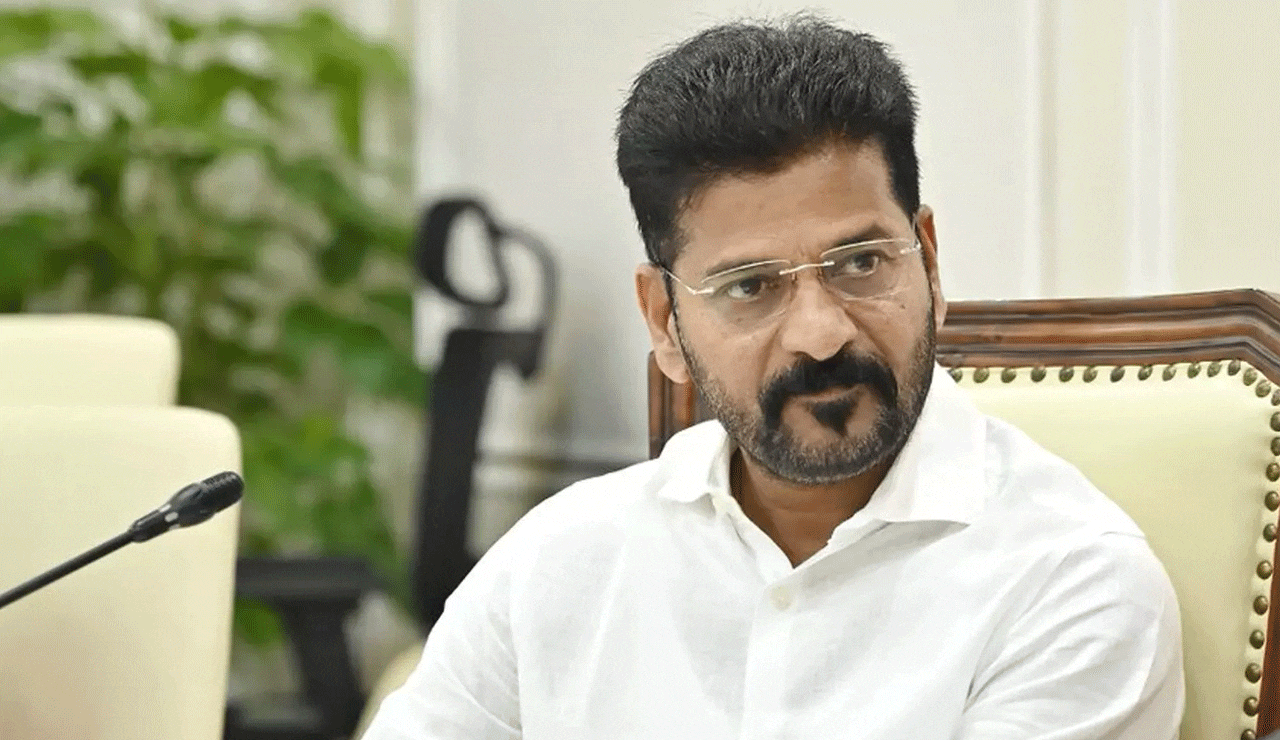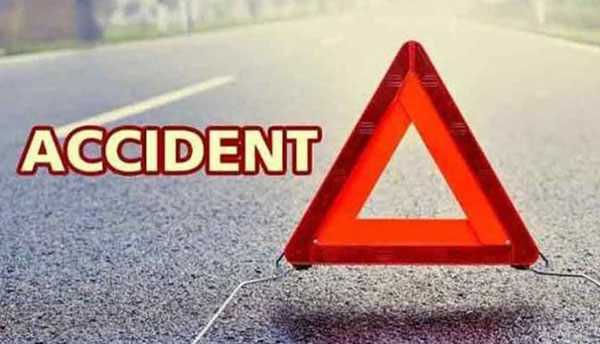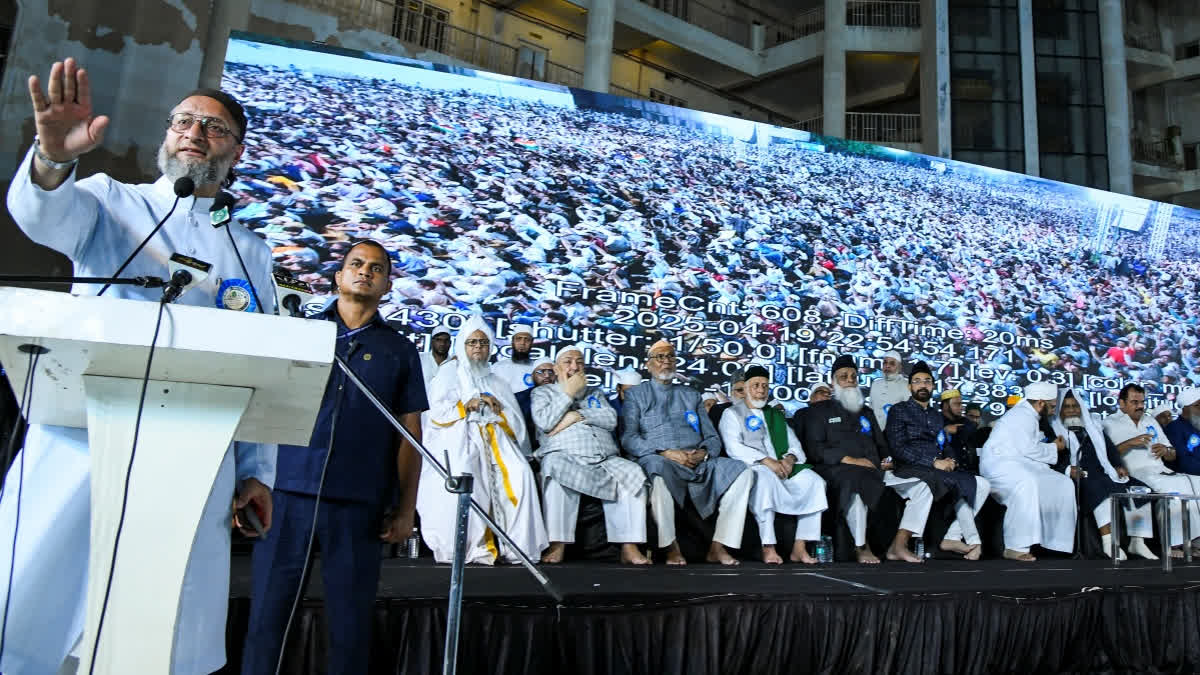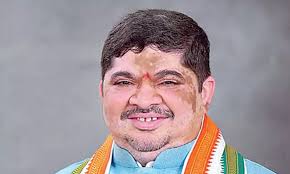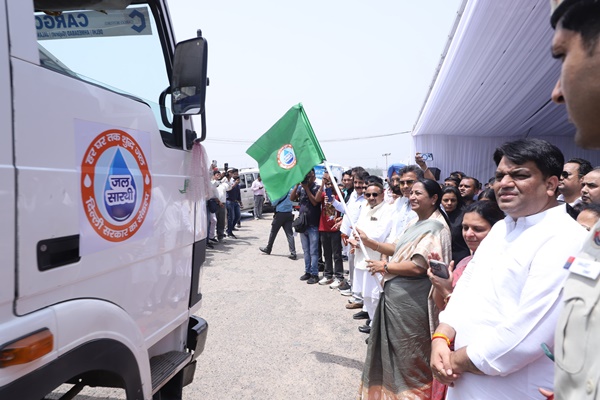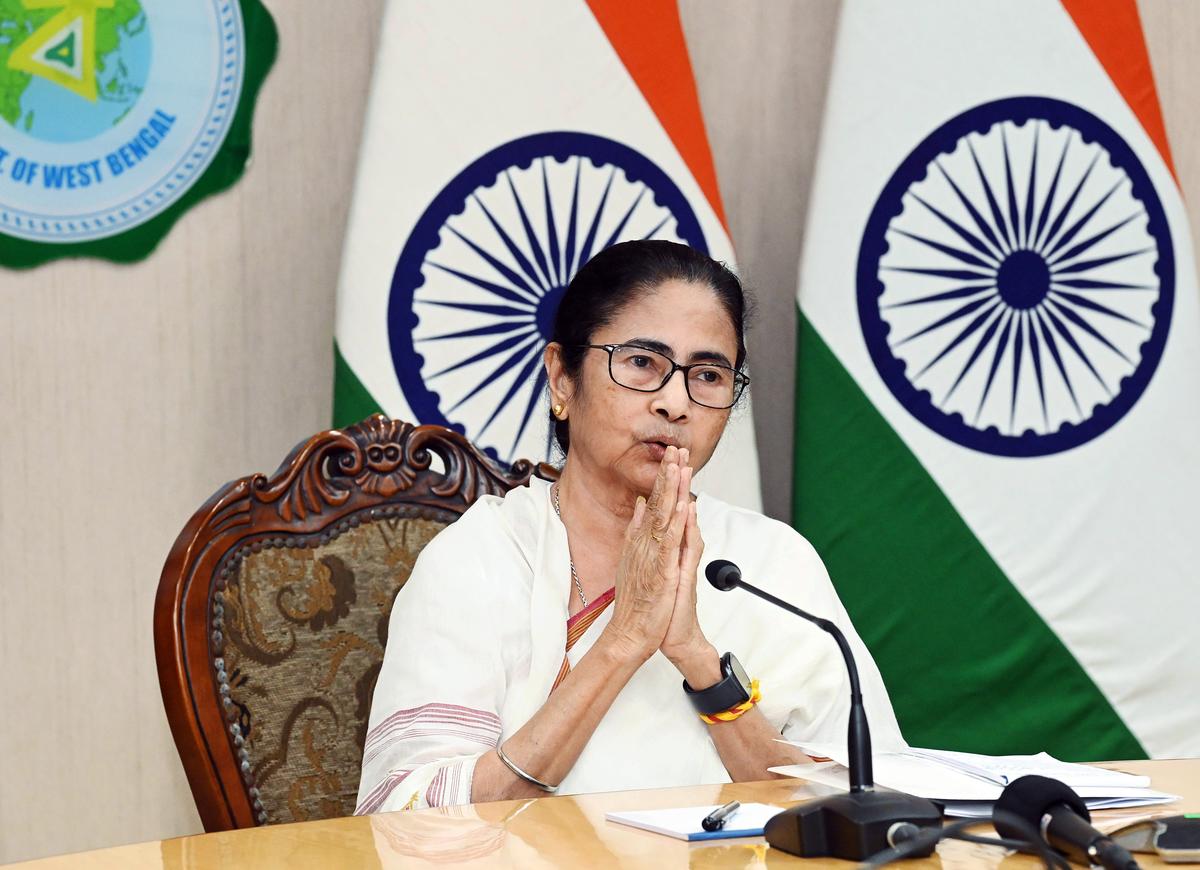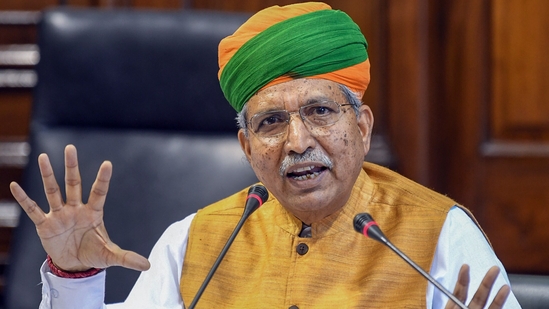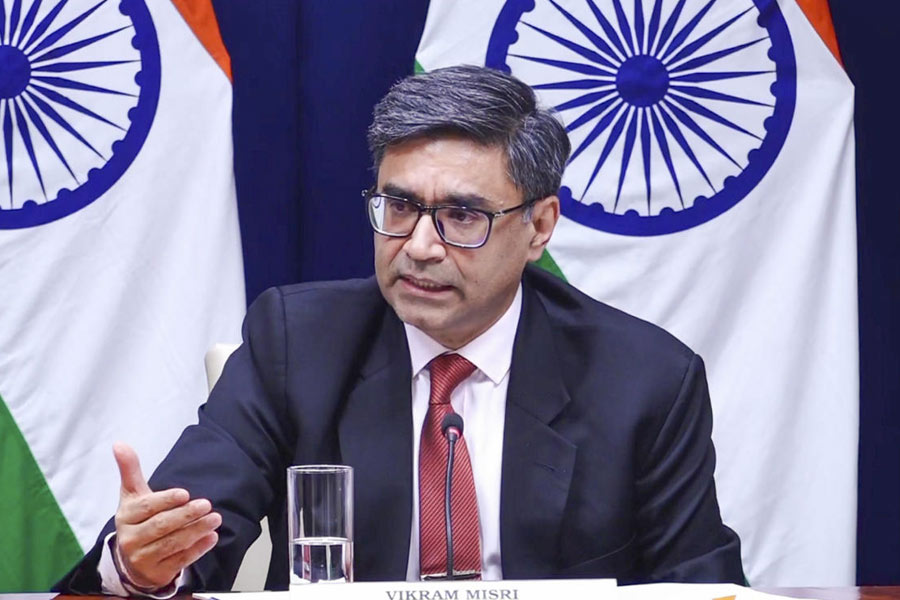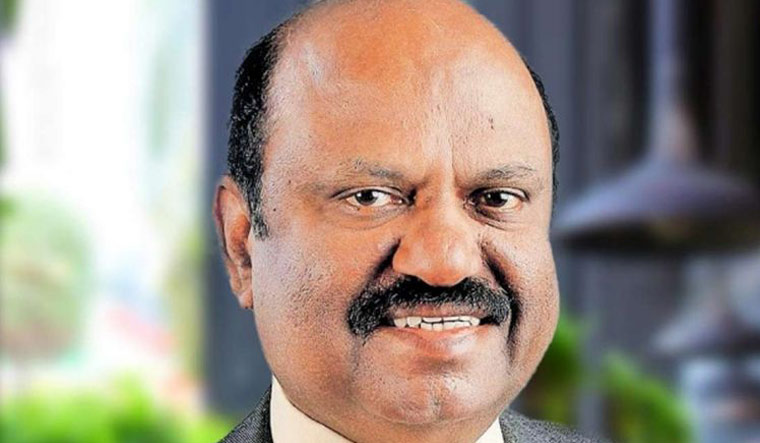Trump's new headache is a Russian diplomat just doing his job
Sat 04 Mar 2017, 14:16:19
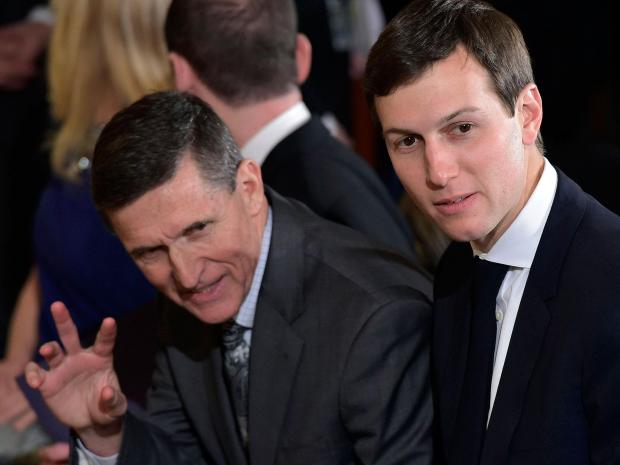
US President Donald Trump's son-in-law and senior adviser Jared Kushner now finds himself in the spotlight for a 20-minute meeting with him. Attorney general Jeff Sessions met him twice during the course of 2016 and is in all sorts of trouble. And Michael Flynn lost his job as National Security Adviser for phone calls with him.
How could one man cause so much trouble for the US government? And in such a short span of time? And all that man - Sergey Kislyak, the 66-year-old Russian ambassador to the United States - has said in his defence is that he was only doing his job, what all diplomats do.
Indian diplomats have had similar meetings with Trump transition team officials and now with members of the administration, and could have easily done with a few more, but India is not Russia and India has not been accused by the US of meddling with the presidential election to help one of the nominees win.
Kushner, accompanied by Flynn, had a previously undisclosed meeting with Kislyak at Trump Tower in December to establish a line of communication with Russia, the White House has said while confirming reports of the meeting. Trump has repeatedly said he would like engage Russia to improve relations.
It was not known if Kushner, who is married to Trump's daughter Ivanka and is part of the president's inner circle of officials, could face questions about impropriety similar to those that were raised about Sessions and Flynn's interactions with Kislyak.
The crucial difference: Flynn and Sessions were less than forthcoming about their meetings while under scrutiny, and had even denied them altogether. The White House immediately confirmed Kushner's meeting.
Sessions, meanwhile, facing a barrage of criticism for misleading a Senate committee conducting his confirmation hearing, announced on Thursday he was recusing himself from the FBI investigation of the Trump campaign's contacts with Russians. The FBI is part of the justice department and reports to Sessions. His troubles may be not be over yet as Democratic lawmakers are demanding his resignation or ouster.
Flynn was fired by Trump, who continues to still defend him, after it was revealed he had lied to vice-president Mike Pence about his phone calls with Kislyak, in which he discussed sanctions slapped against
Russia by then president Barack Obama for alleged interference in the US elections.
Russia by then president Barack Obama for alleged interference in the US elections.
Kislyak, a career diplomat who started out in the Soviet Union, has been Russia's envoy to the US since 2008. But the US, or at least Washington DC, is getting to know him better for the troubles he seems to have caused the Trump administration. And the first reports about him tended to portray him as a shadowy spymaster, a wily recruiter to fit the narrative of him making backroom deals with some of the incoming administration's similarly disposed people. Flynn was a long-time officer and head of the Defense Intelligence Agency.
Moscow reacted with anger and exasperation. Holding CNN responsible for that mischaracterisation, foreign ministry spokeswoman Maria Zakharova said, according to the network, "He was deputy minister of foreign affairs in Russia, who has communicated with American colleagues for decades in different fields, and CNN accused him of being a Russian spy...of recruiting? Oh my God!"
The portly Kislyak, whom senior Democratic senator Dianne Feinstein said in an interview is a difficult figure to miss or forget meeting with, was deputy foreign minister before he was sent to Washington as ambassador. In the 1990s, he was deputy head of the Union of Soviet Socialist Republics' then foreign ministry's department of international scientific and technical cooperation. He also served in the departments of security affairs and disarmament, and the latter continues to be his speciality.
As a Ukrainian who decided to stay on in Russia after the break up of the USSR, Kislyak is considered somewhat of a traitor in Ukraine, which is at the heart of the resistance to Russian President Vladimir Putin's apparent designs to recapture the lost glory associated with the Soviet Union that he saw collapse before his eyes as a member of the KGB, now called the FSB.
Kislyak has kept to himself through these controversies, refusing media requests for comments and interviews. But he did tell The Washington Post, which broke stories about Flynn and Sessions's Russia contacts, what he did - meeting officials of an incoming administration. "It's something all diplomats do," he said. That was before reports surfaced of his contacts with Sessions and Kushner.
No Comments For This Post, Be first to write a Comment.
Most viewed from International
Most viewed from World
AIMIM News
Latest Urdu News
Most Viewed
May 26, 2020
Do you think Canada-India relations will improve under New PM Mark Carney?
Latest Videos View All
Like Us
Home
About Us
Advertise With Us
All Polls
Epaper Archives
Privacy Policy
Contact Us
Download Etemaad App
© 2025 Etemaad Daily News, All Rights Reserved.

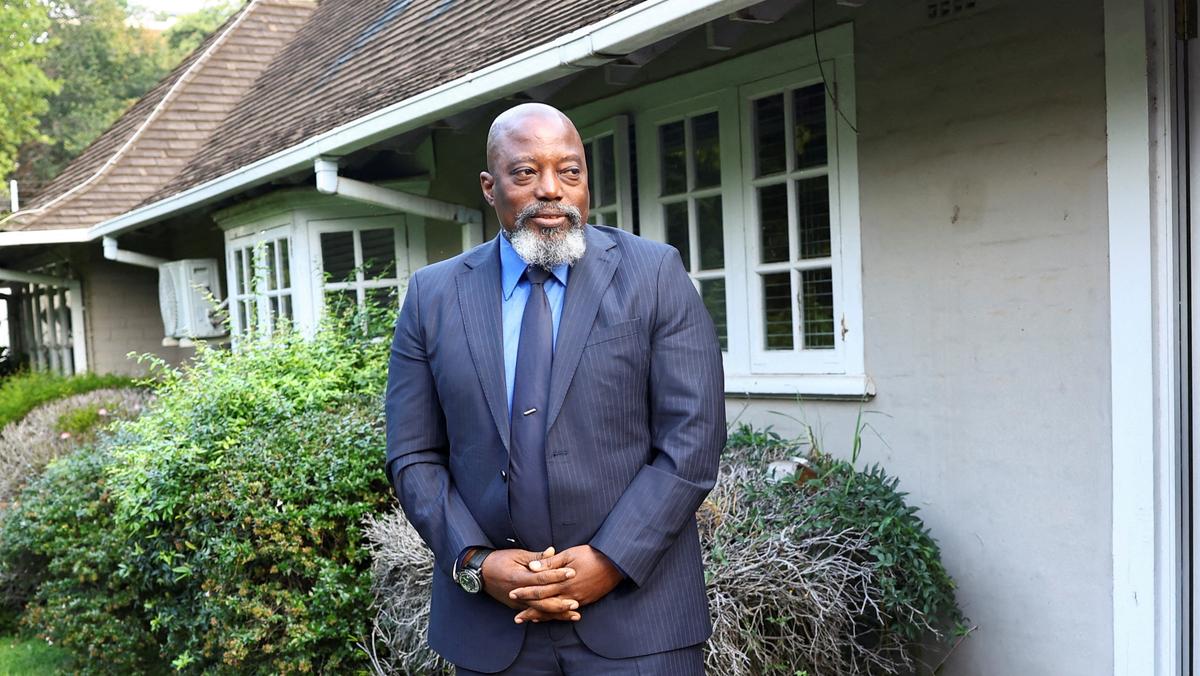
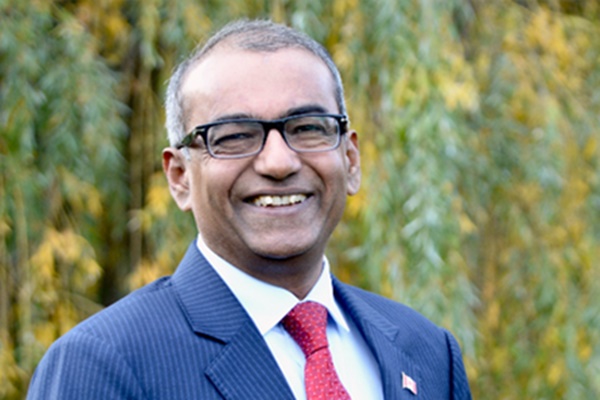
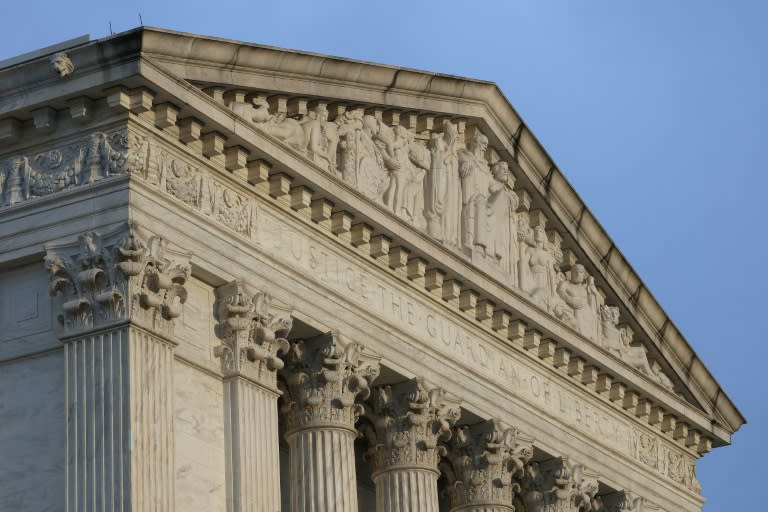
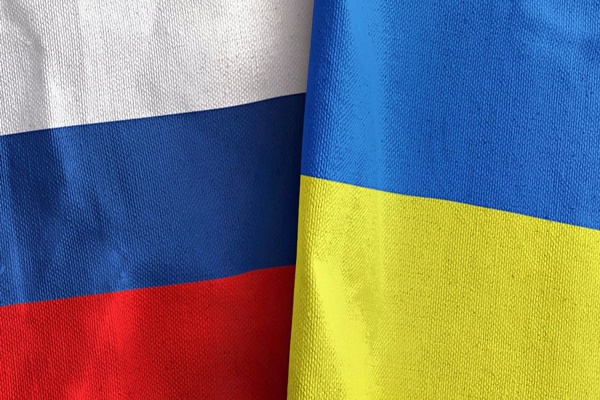
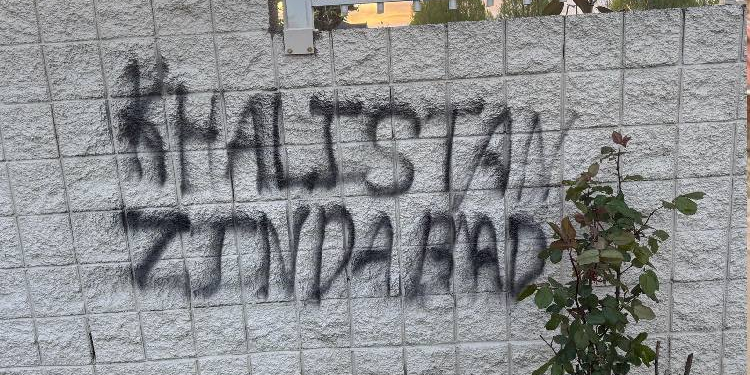
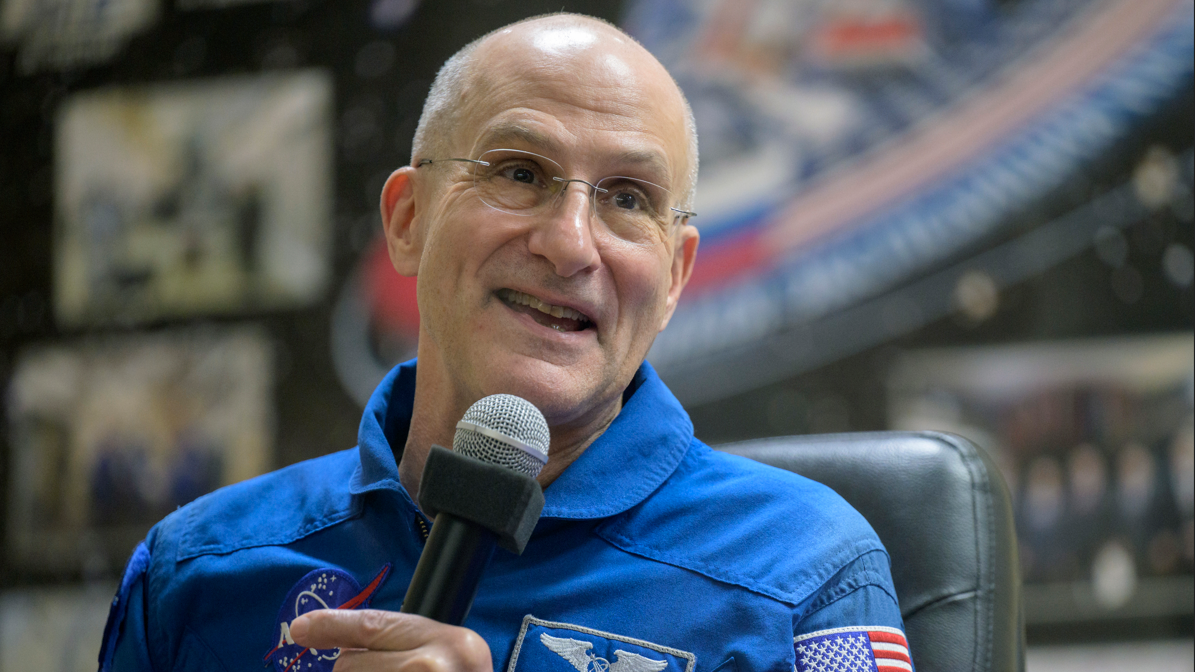
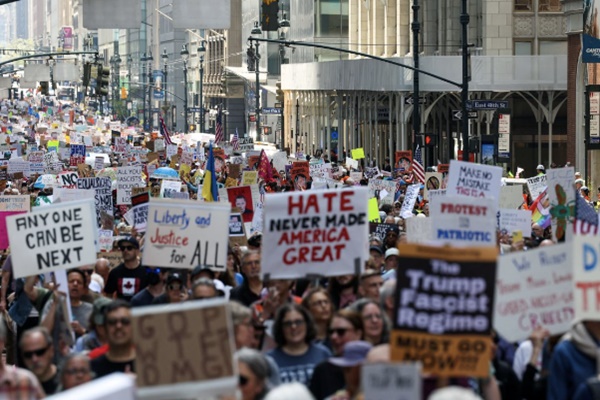


.jpg)


